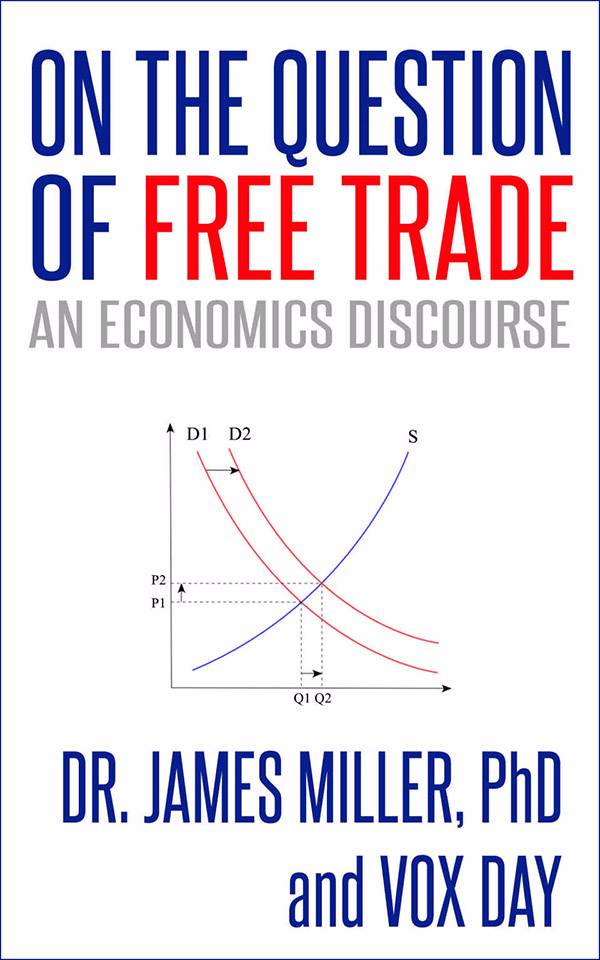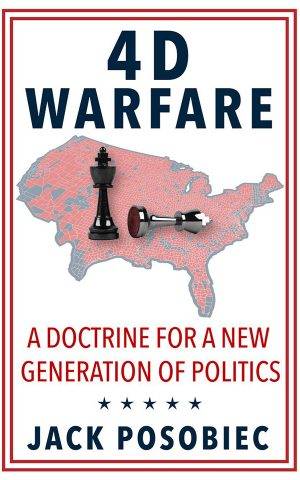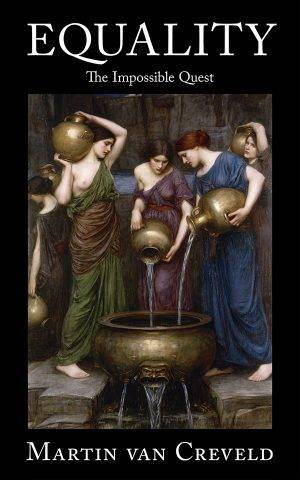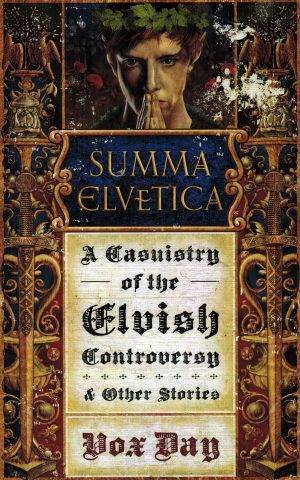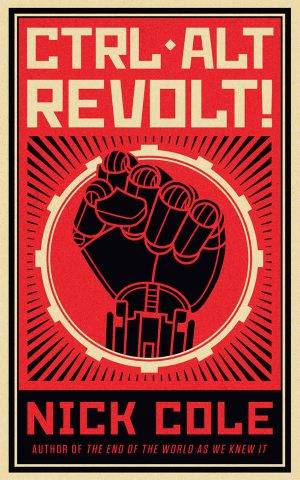On the Question of Free Trade
$2.99
For more than 200 years, the question of free trade has been considered settled by economists. However, advancements in technology have considerably changed the world since David Ricardo popularized the concept of Comparative Advantage in the early 19th century, and the rise of economic populism around the world is increasingly calling long-held assumptions into question.
On the Question of Free Trade: An Economics Discourse is a public debate between Dr. James D. Miller, Associate Professor of Economics at Smith College, and Vox Day, the author of The Return of the Great Depression, in which they address the vital question of whether free trade is intrinsically beneficial or detrimental to a national economy. On the Question of Free Trade is an informative and thought-provoking discourse that will provide material for serious contemplation regardless of the reader’s perspective on economics and free trade.
- Description
Description
For more than 200 years, the question of free trade has been considered settled by economists. However, advancements in technology have considerably changed the world since David Ricardo popularized the concept of Comparative Advantage in the early 19th century, and the rise of economic populism around the world is increasingly calling long-held assumptions into question.
On the Question of Free Trade: An Economics Discourse is a public debate between Dr. James D. Miller, Associate Professor of Economics at Smith College, and Vox Day, the author of The Return of the Great Depression, in which they address the vital question of whether free trade is intrinsically beneficial or detrimental to a national economy. Both participants are well-versed in economic history and economic theory, which permits them to bypass the political side issues that so often cloud such debates and focus on the core issues involved. The post-debate Q&A session is also included.
On the Question of Free Trade is an informative and thought-provoking discourse that will provide material for serious contemplation regardless of the reader’s perspective on economics and free trade.


